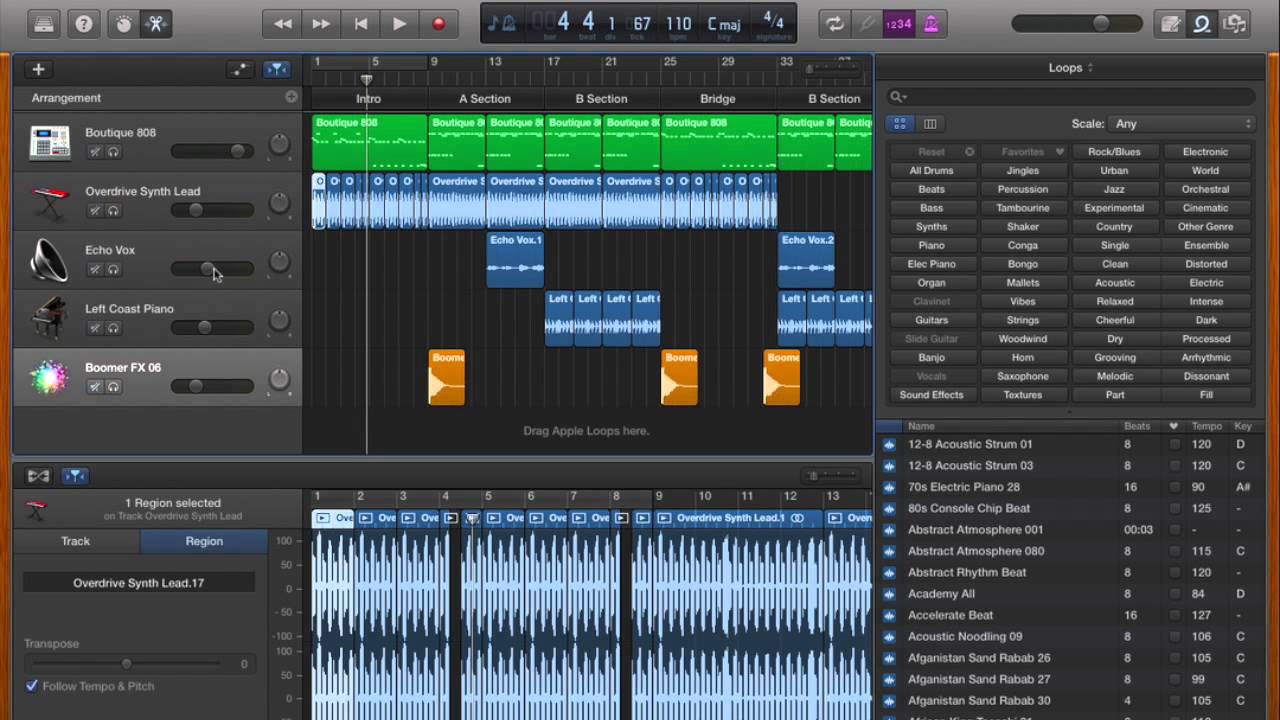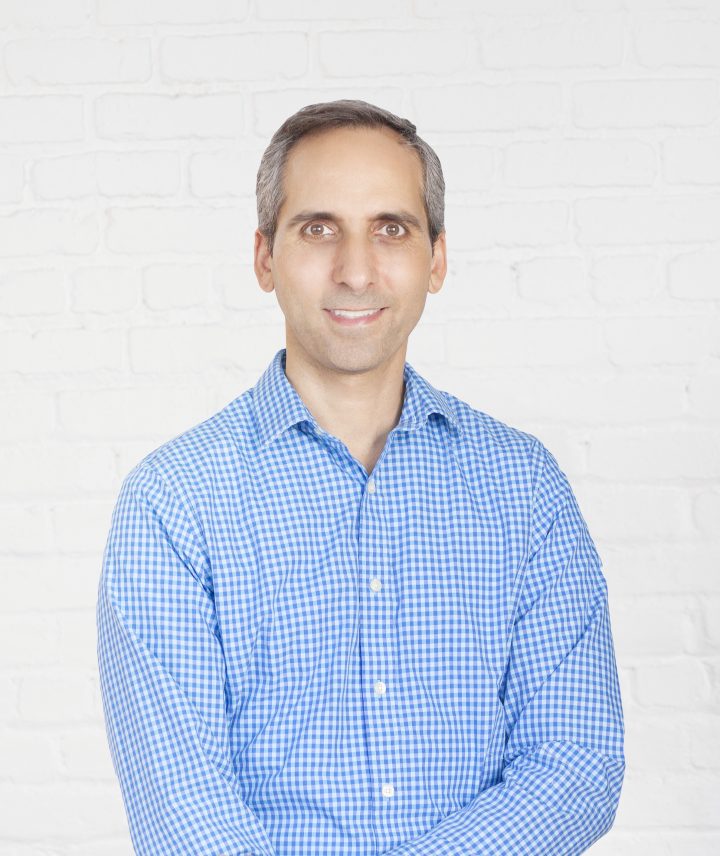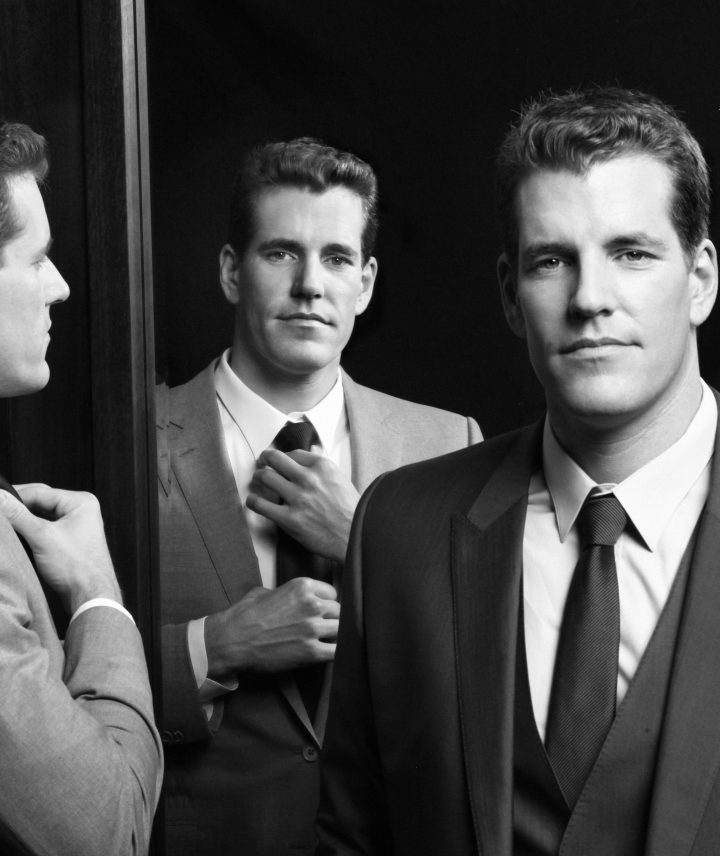“MUSIC PRODUCTION IS STILL STUCK IN THE ’90s,” says Steve Martocci, CEO and cofounder of a music technology platform called Splice. “People are working with huge files scattered across computers and external hard drives… and we’re not talking just any artists, we’re talking top 100 performers.”
What Martocci and his cofounder, Matt Aimonetti, envisioned was a cloud platform that would streamline music production the same way Google Docs streamlined work streams for, well, everyone. Its features would include tracked changes, progress back ups and the ability for two people to simultaneously collaborate on one song. The best part? No longer worrying about crashes or sending huge, hefty files—the work would live on the cloud.
“It’s something I think all programmers who are fans of music have thought of,” Martocci remembers. “But such creative processes can be daunting. You would have to understand exactly what goes on in the brain during an incredibly creative process in order for the software to have any impact… I think that may deterred [other entrepreneurs].”
So, before Splice’s founding in 2013, Martocci and his team spent months talking to musicians, analyzing pain points and bringing them into the fold. The result is the ultimate confluence of music and programming—a software startup backed by Tiesto, Swedish House Mafia‘s Steve Angello and Scooter Braun, but created by the best in Silicon Valley talent. And how did they do it? “By listening to users first.”




